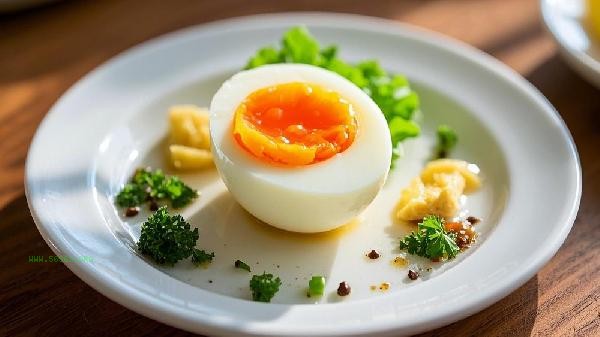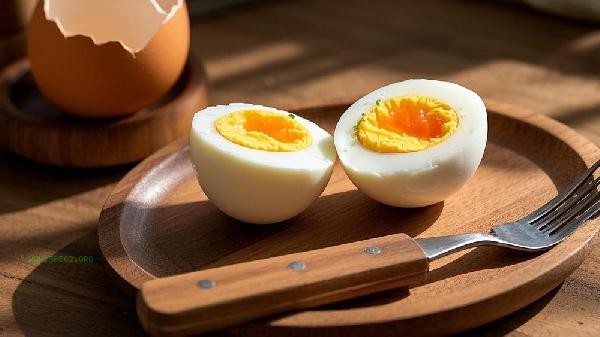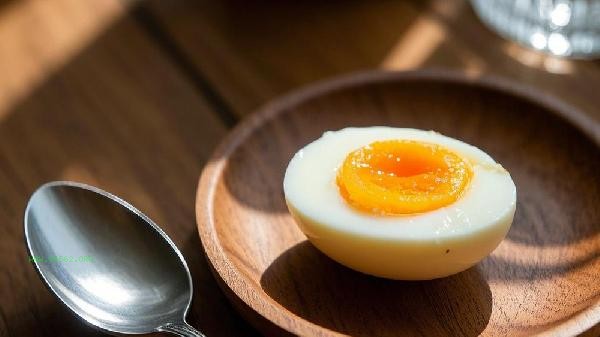During weight loss, boiled eggs are more suitable than Tea egg. Boiled eggs have lower calories and no additional additives, with the main advantages of high protein absorption, low sodium content, strong satiety, complete nutrient retention, and better food safety.

1. Protein absorption:
The protein digestion and absorption rate of boiled eggs is over 90%, and lecithin in the yolk can promote lipid metabolism. Tea egg may cause protein denaturation due to long-term brine processing, and the absorption rate will be reduced by about 15%.
2. Comparison of sodium content:
A single boiled egg contains about 70 mg of sodium, and the sodium content of Tea egg can reach 300-500 mg due to the brine process. A high sodium diet can easily cause edema, affect weight scale readings, and increase cardiovascular burden. 3. Differences in satiety: The complete protein structure of boiled eggs can prolong gastric emptying time by 3-4 hours. The spicy seasoning of Tea egg may stimulate appetite, and some people may easily induce extra eating after eating.
4. Nutrient retention:

The retention rate of nutrients such as vitamin B12 and lutein in boiled eggs exceeds 95%. After repeated cooking of Tea egg, the loss of water-soluble vitamins reached 30%, and the absorption of iron in egg yolk was also inhibited by tea polyphenols.
5. Safety for consumption:
Boiled eggs that are cooked and eaten immediately have a low risk of bacterial contamination. If the Tea egg are heated repeatedly, nitrite may be produced, and the overnight Tea egg sold in convenience stores may have microbiological risks exceeding the standard.
It is recommended to choose freshly cooked boiled eggs as the main source of protein, with 1-2 eggs per day being recommended. Mix with 250ml sugar free soybean milk or 100g chicken breast to optimize the amino acid combination. Pay attention to the high cholesterol content in egg yolks, and individuals with abnormal blood lipids should consume no more than 5 whole eggs per week. Eating boiled eggs within 30 minutes after exercise can maximize the protein repair effect on muscles, and it is better to supplement dietary fiber with dark green vegetables. When choosing Tea egg under special circumstances, it is recommended to strip the surface brine and mix it with high potassium vegetables such as spinach and celery to balance the sodium potassium ratio.





Comments (0)
Leave a Comment
No comments yet
Be the first to share your thoughts!